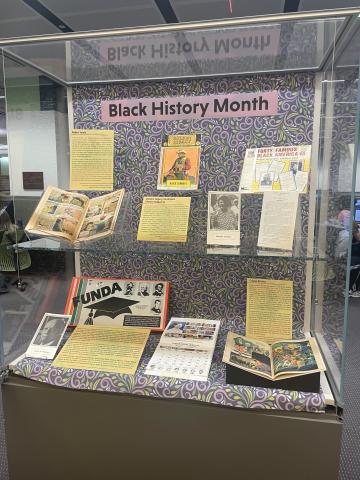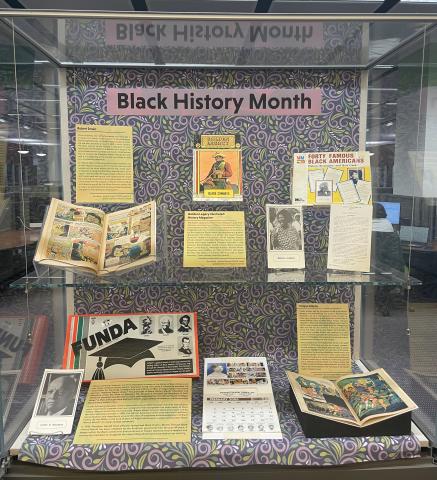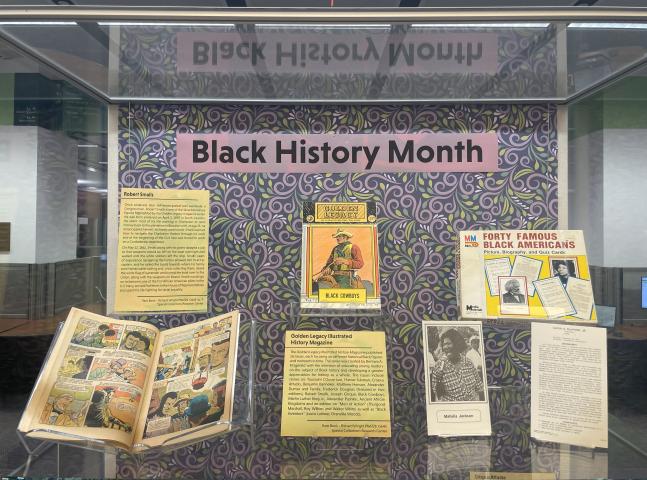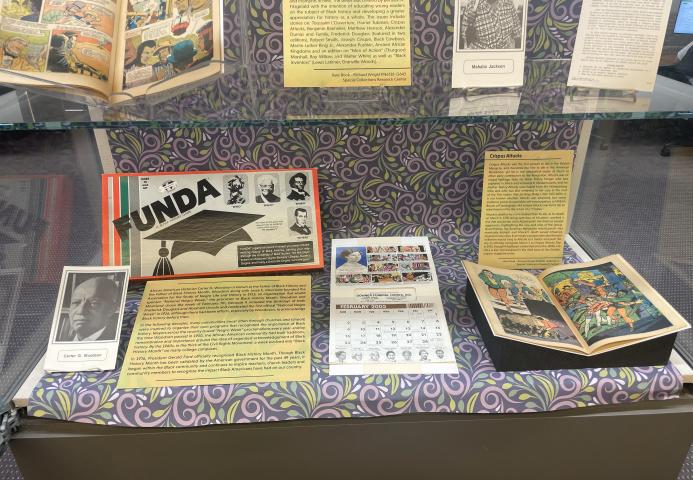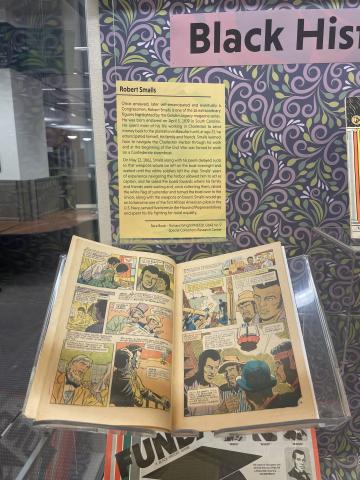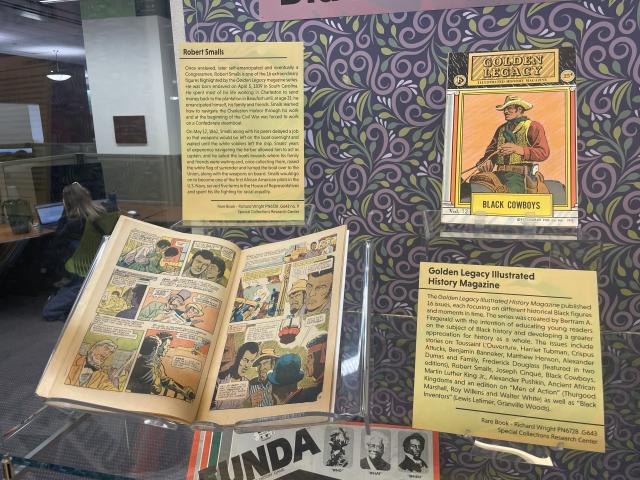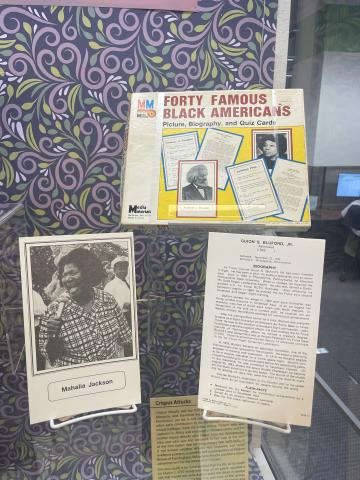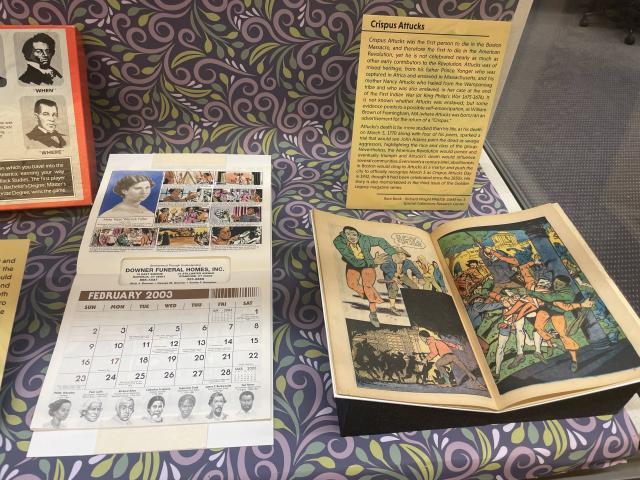African American Historian Carter G. Woodson is known as the Father of Black History and the Father of Black History Month. Woodson along with Jesse E. Moorland founded the Association for the Study of Negro Life and History in 1915, an organization that would sponsor “National Negro Week,” the precursor to Black History Month. Woodson and Moorland chose the week of February 7th, because it included the birthdays of both Frederick Douglass and Abraham Lincoln and celebrated the first official “National Negro Week” in 1926, although there had been efforts, especially by Woodoson, to acknowledge Black history before then.
In the following decades, many communities (most often through churches and schools) were inspired to organize their own programs that recognized the importance of Black history. Mayors across the country issued “Negro Week” proclamations every year, and by the time Woodson passed in 1950, the African American community had built traditions, remembrance and importance around the idea of organized acknowledgement of Black history. By the 1960s, in the thick of the Civil Rights Movement, a week evolved into “Black History Month” on many college campuses.
In 1976, President Gerald Ford officially recognized Black History Month. Though Black History Month has been validated by the American government for the past 49 years, it began within the Black community and continues to inspire teachers, church leaders, and community members to recognize the impact Black Americans have had on our country. This exhibit features Black History focused educational games, comics, and ephemeral items from the W&M Libraries' Special Collections Research Center.
Curator:
- Faith Page '26, Special Collections Student Assistant
Designer:
- André Poniewozik '26, Special Collections Graphics Student Assistant
Fabrication and Installation:
- Faith Page '26, Special Collections Student Assistant
- Jennie Davy, Exhibits & Artifacts Curator
